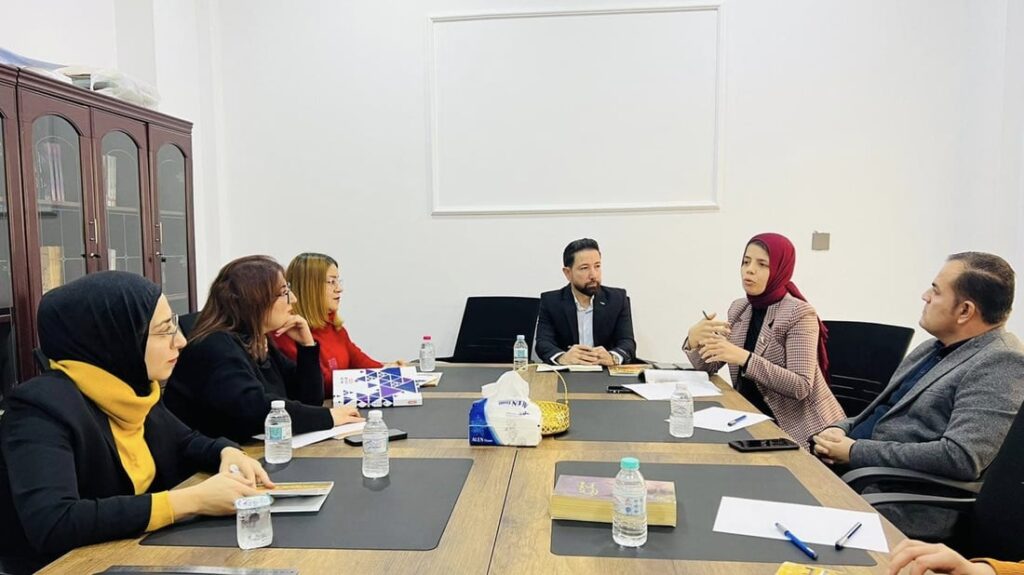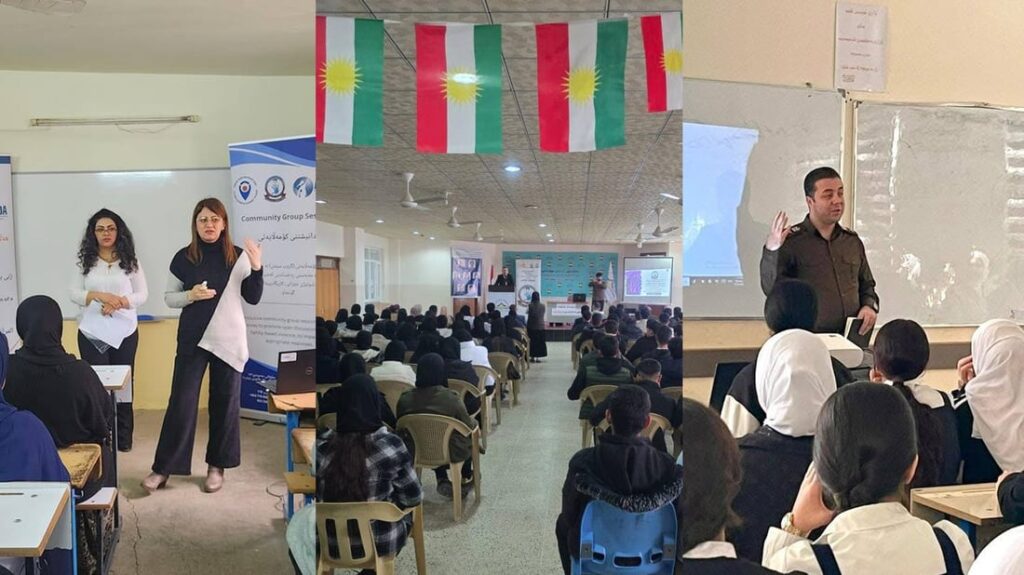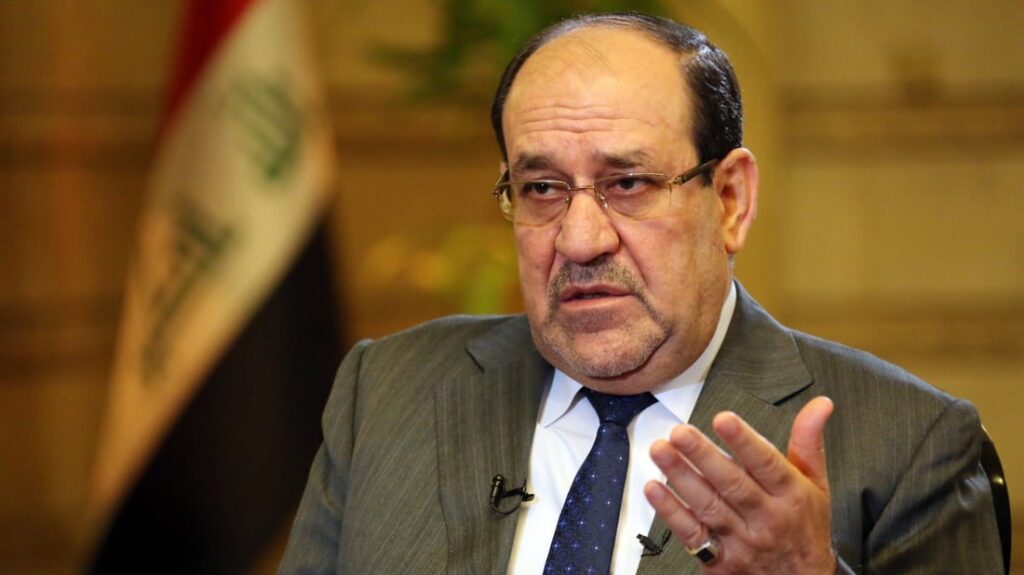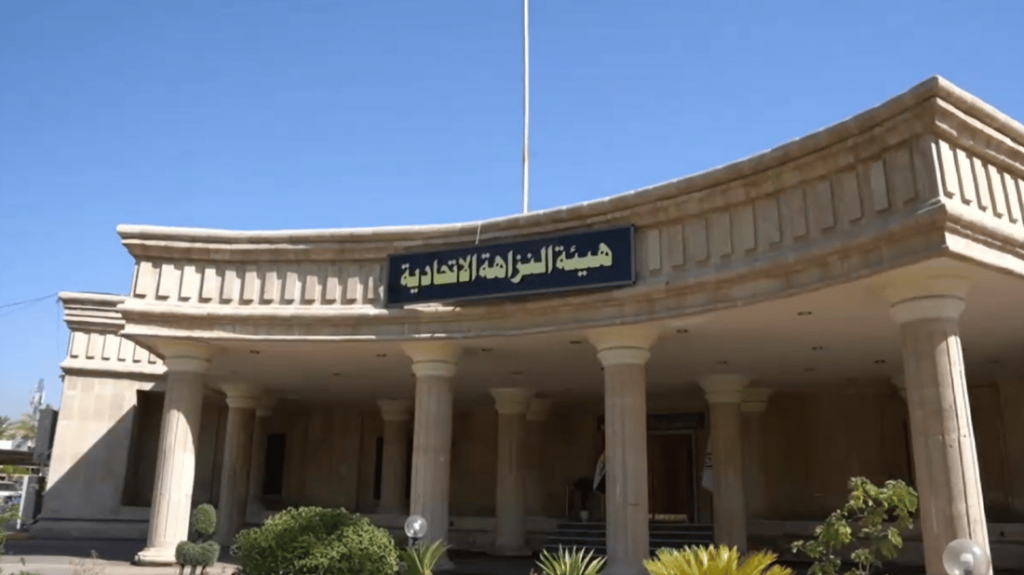Iraq: US Department of State's contribution boosts primary and referral health services for Syrian refugees in Iraq [EN/AR]
Baghdad, Iraq, 13 November 2019 – The World Health Organization (WHO) has welcomed a new contribution of US$ 2.5 million from the US Department of State's Bureau for Population, Refugees and Migration to maintain uninterrupted provision of primary and referral health services for over a quarter of a million Syrian refugees living in the 3 Kurdistan regions of Erbil, Dohuk and Sulaymaniya.
The contribution targeted a package of advanced quality health and emergency referral services, including supporting a hospital in each of the governorates with 24/7 curative care and lifesaving emergency referrals for both refugees and host communities.
The support also included maintaining surveillance activities for the timely detection, verification and response to common communicable disease outbreaks in both refugee and hosting communities through the early warning and response network (EWARN).
“WHO appreciates the new contribution from the Bureau for Population, Refugees and Migration which is going to help us maintain our support to the primary and referral health facilities serving Syrian refugees and vulnerable host communities in the Kurdistan Region of Iraq,” said Dr Adham R. Ismail Abdel Moniem, acting WHO Representative in Iraq.
“WHO, national health authorities and some selected health partners have, so far, been coordinating the provision of basic health care services for refugees in the country, but additional supplies of medicines and medical technologies are still required,” Dr Abdel Moniem added.
The number of Syrian refugees in Iraq has increased dramatically over the past few weeks due to the Turkish operations in the governorates of Erbil, Dohuk, and Sulaymaniya in the Kurdistan region, with nearly 37% hosted in camps and 63% residing in non-camp settings in urban areas.
This scale-up in the number of refugees required urgent extended humanitarian support in terms of food, proper shelter and health services. This contribution has come at the right time to assist WHO accommodate the increasing basic and emergency health needs of the vulnerable refugee community in Iraq.
In 2018, WHO received a similar contribution of US$ 2.5 million from the Bureau for Population, Refugees and Migration to increase the health security and resilience of Syrian refugees living in Iraq.
In addition to supporting primary health care services in the 9 Syrian refugee camps, the previous grant funded the establishment of the semi-intensive care unit at Heevi Paediatric Hospital in Dohuk governorate in July 2019 and the gastroenterology unit and neonatal special care unit in Raparin Pediatric Hospital in Erbil governorate in September 2019.
WHO would like to express its gratitude to the US Department of State's Bureau of Population, Refugees, and Migration for their continued support which has enabled WHO and partners to maintain quality health care delivery and emergency referral services to all Syrian refugees in Iraq.
For more information, please contact:
Ajyal Sultany
WHO Communications Officer
(+964) 7740 892 878
sultanya@who.int
Pauline Ajello
WHO Communications Officer
(+964) 7729 877 288
ajellopa@who.in
Holly Wilkerson
Program Officer
Iraq, Bureau of Population, Refugees, and Migration
WilkersonHD@state.gov
Ms Kerstin Bycroft
WHO HQ, +41 22 791 1072
bycroftk@who.int
Related links
Support needed to ensure accessible quality health services for Syrian refugees in Iraq
Improving the health response for Syrian refugees in Iraq
Follow WHO on_ Twitter _an_d_ Facebook;_ Watch our WHO Youtube videos; Catch us on WHO’s Instagram a_ccoun_t_
_Sign up here to subscribe to the WHO media list (username & password: media) _
About WHO
WHO is a specialized public health organization mandated to provide the most reliable and evidence-based technical assistance, strategic and operational guidance to countries worldwide.
WHO works closely with the Ministry of Health of Iraq and related sectors on a daily bases to identify priorities and guide the health sector on preparedness, effective and efficient response to health and health care requirements.
More information on WHO and its work in Iraq





